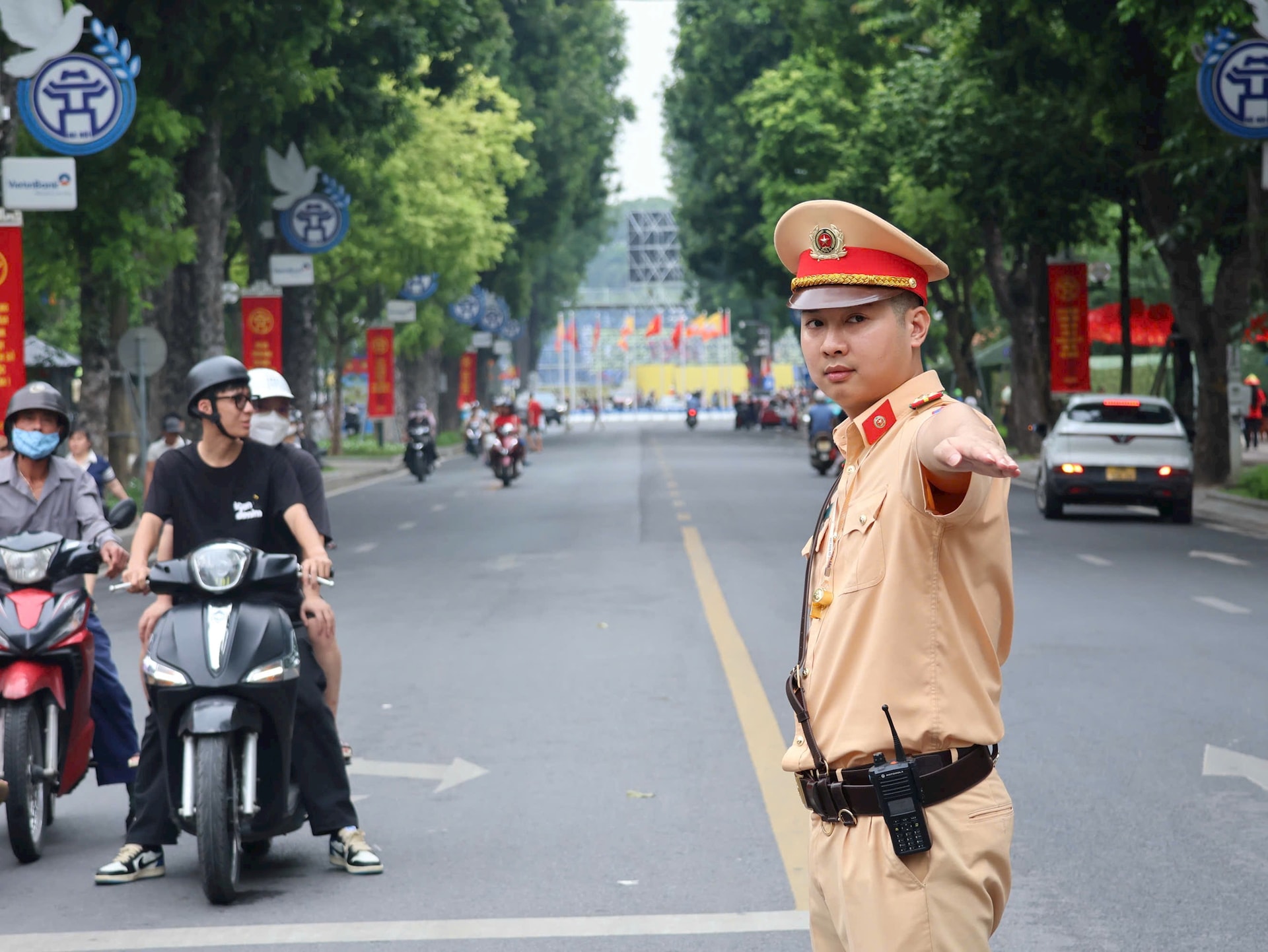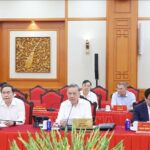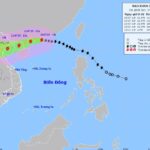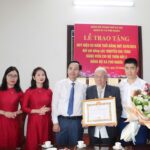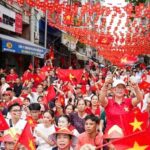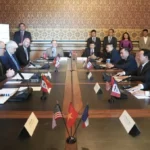To serve the A80 rehearsal, many roads in Hanoi will be prohibited, temporarily prohibited, or restricted for vehicles from 12:00 on August 27 to 2:00 on August 28.
On August 27, a rehearsal program for the 80th Anniversary of the August Revolution and the National Day of the Socialist Republic of Vietnam will take place in Hanoi; to ensure traffic order and safety, prevent traffic congestion, and facilitate the travel needs of the people and activities serving the rehearsal program, the Hanoi City Police announce traffic routing and direction organization for vehicles as follows:
Time for implementing complete prohibition, temporary prohibition, and restriction of vehicle circulation on certain roads, traffic routing, and direction organization for vehicles serving the rehearsal program: From 12:00 on August 27, 2025, to 2:00 on August 28, 2025.
Roads with complete prohibition for all vehicles (except vehicles with protection permits and vehicles serving the Anniversary Ceremony):
Hoang Hoa Tham, Thuy Khue (from Hung Vuong to Van Cao), Mai Xuan Thuong, Quan Thanh, Phan Dinh Phung, Hung Vuong, Hoang Van Thu, Doc Lap, Chua Mot Cot, Bac Son, Ton That Dam, Nguyen Canh Chan, Hoang Dieu, Cua Bac, Yen Phu, Thanh Nien, Dien Bien Phu, Ba Huyen Thanh Quan, Le Hong Phong, Ong Ich Khiem, Ngoc Ha, Nguyen Tri Phuong, Chu Van An, Ton Duc Thang, Cat Linh, Trinh Hoai Duc, Hang Chao, Tran Phu, Son Tay, Kim Ma, Lieu Giai, Van Cao, Nghi Tam, Doi Can, Doc La-Pho, Nguyen Thai Hoc, Le Duan, Tran Nhan Tong (from Le Duan to Quang Trung), Trang Thi, Hang Khay, Trang Tien, Co Tan, Phan Chu Trinh (from Hai Ba Trung to Trang Tien); Le Thanh Tong, Tong Dan (from Ly Dao Thanh to Trang Tien), Tran Quang Khai, Tran Khanh Du, Quang Trung (from Ly Thuong Kiet to Trang Thi), Ly Thai To, Nguyen Huu Huan, Ngo Quyen (from the State Bank Square to Trang Tien), Giang Vo, Lang Ha, Lang (from Lang Ha to Tran Duy Hung).
Roads with temporary prohibition by vehicle type:
Roads inside Ring Road I (except the roads with complete prohibition in section 2): Temporarily prohibited for all types of vehicles (except vehicles with protection permits, vehicles serving the Anniversary Ceremony, priority vehicles, official duty vehicles, buses, garbage collection vehicles, incident response and resolution vehicles).
Roads in the area from Ring Road I to Ring Road II (except the roads with complete prohibition in section 2): Temporarily prohibited for trucks with a total designed weight of 1.5 tons or more, passenger cars with 16 seats or more (except vehicles with protection permits, vehicles serving the Anniversary Ceremony, priority vehicles, official duty vehicles, buses, garbage collection vehicles, incident response and resolution vehicles).
Roads where the City Police recommend traffic participants limit circulation:
Roads in the area from Ring Road II to Ring Road III: Limit circulation for commercial passenger transport vehicles with under 16 seats, private cars, and motorcycles.
Roads in the area from Ring Road I to Ring Road II: Limit circulation for vehicles.
For some roads from Ring Road III heading to the suburban areas, including: National Highway 32, Cau Dien, Ho Tung Mau, Le Duc Tho, Le Quang Dao, Thang Long Avenue, Lang Van

